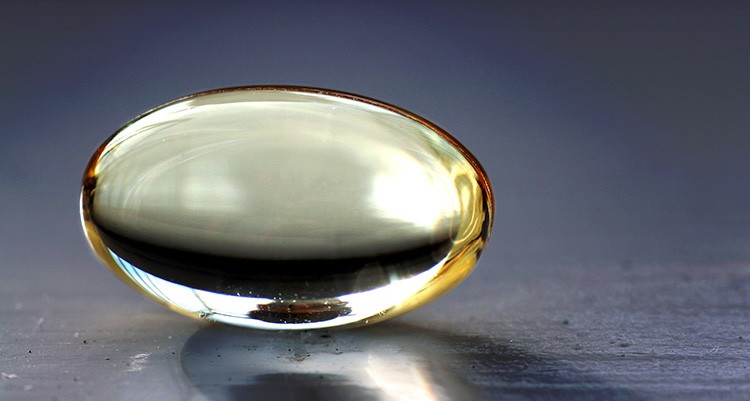
Vitamin E is extremely important for a variety of functions in the body. A healthy heart needs plenty of the vitamin E as it has been shown to actually prevent heart disease. The vitamin E can also help contain any existing heart disease and stop it from getting worse.
Vitamin E is also vital in protecting the cell membranes from the harmful free radicals that are present in the body. Without vitamin E, amongst others, the cell membranes would be damaged and this could lead to serious health problems, including cancer. The reason that the vitamin E is so effective against free radicals is that it is fat soluble so it can be absorbed into the cell membranes. The vitamin E is therefore essential for the immune system.
The recommended daily amount of the vitamin E that a person requires depends on their body weight. This is connected to the fact that the more fat a diet contains then the more of the vitamin E that is needed. Oils tend to be high in Vitamin E with sunflower oil being near the top of that list. A single tablespoon of sunflower oil may provide up to a quarter of the daily recommended allowance for Vitamin E. Corn oil is another viable source.
Peanuts, sunflower kernels and almonds are also good sources of this important vitamin. However, the only foods that really contain any reasonable amount of the vitamin E are vegetable oils, seeds, wheat germ, and nuts. It is for this reason that most people should take some form of vitamin E supplement.
A deficiency of the vitamin E does not affect a person immediately. In fact, it can take months for the effects of insufficient vitamin E to be detected. After years of vitamin E deficiency there may e some detectable damage to the nerves of the spinal cord or retina of the eye but this is very rare. Most people obtain enough vitamin E from a normal diet but it is essential that the food that a person eats contains a little fat to help with the absorption of the vitamin E.
There are a few medical conditions that may lead to a deficiency of the vitamin E and may require the person to take vitamin E supplements. Cystic fibrosis causes a person to be unable to digest fats well which leads to less of the vitamin E being absorbed. Crohn’s disease causes to lower absorption rates of the vitamin E and a supplement may be necessary. Some forms of liver disease can also lead to problems absorbing the vitamin E, especially through the intestine. Of course, as fat is required to help absorb sufficient amounts of the vitamin E, anyone on an extremely low-fat diet will need to discuss their options for increasing the amount of vitamin E that their body needs.
Two groups of people seem to be most at risk for low levels of Vitamin E in the body. Some people have trouble absorbing all fat-soluble vitamin Es and may show symptoms of deficiencies of several vitamins, including E. Babies who are born prematurely may also be at risk for some time following birth. Some other factors may play a role, including the tendency toward extremely poor eating habits and even some genetic disorders.
















